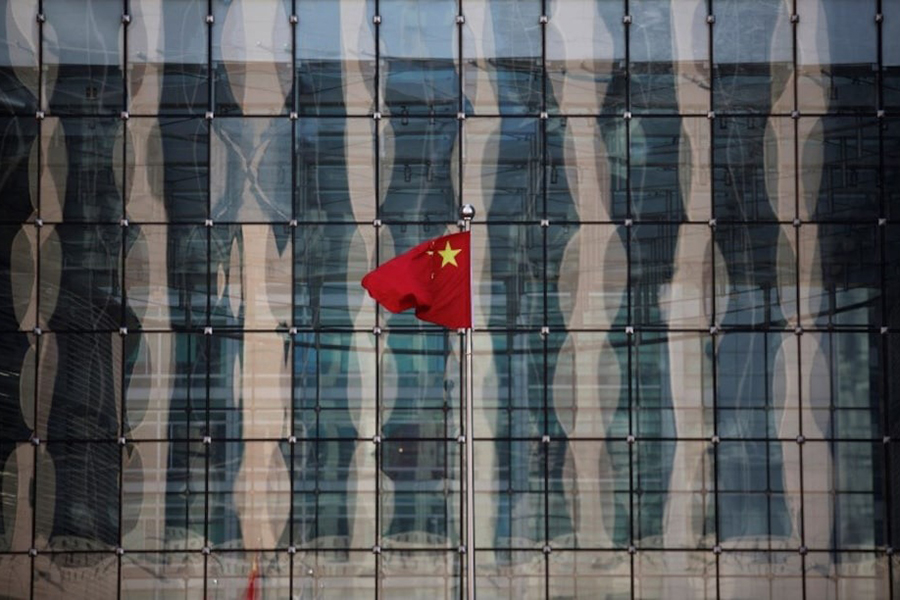
Published :
Updated :

An optimist will look at China’s latest GDP figures released on Wednesday and argue they signal that the best of times is returning. The country’s economy grew 5.3 per cent in the first quarter year-on-year, comfortably beating analysts’ expectations of a 4.6 per cent increase and putting Beijing on track to hit its 5 per cent target for 2024. Yet beneath the headline number lies evidence that the People’s Republic has yet to put worse times behind it, not least near-zero inflation and sluggish lending and an enduring property market crisis. It’s a tale of at least two economies.
Some sectors had a robust start to the year. Manufacturing grew 6.1 per cent, with President Xi Jinping’s push to develop “new quality productive forces” paying off for electric-vehicle chargers and 3D printing, which both grew more than 40 per cent during the period. Catering, meanwhile, jumped by more than a tenth, a sign that domestic travel and entertainment is rebounding.
Sprouting green shoots like these explain why Goldman Sachs and Morgan Stanley both recently lifted their 2024 growth forecast for China. Neither investment bank expects that to last, though, as the country struggles with some deep-seated challenges like real estate. Property investment in the first three months of the year slid another 9.5 per cent from a year earlier, while property sales by floor area logged a 19.4 per cent drop, suggesting that policymakers have yet to revive confidence in a sector that used to account for one quarter of China’s economy.
Recent economic indicators have pointed to a rockier time ahead. Consumer inflation cooled more than expected in March and hovers around negative territory. An increase in monetary supply has also failed to translate into more bank lending. Fitch last week followed Moody’s by downgrading its outlook on China’s sovereign credit rating.
When meeting a group of US business leaders last month, Xi said his administration is planning “a series of major steps” to propel China’s economy forward and that the Peak China theory will not be proved right. The remark has instilled expectations that the People’s Republic is serious about a new round of economic reforms. Such a diverse and often conflicting set of data, though, is complicating Beijing’s search for effective stimulus.


 For all latest news, follow The Financial Express Google News channel.
For all latest news, follow The Financial Express Google News channel.